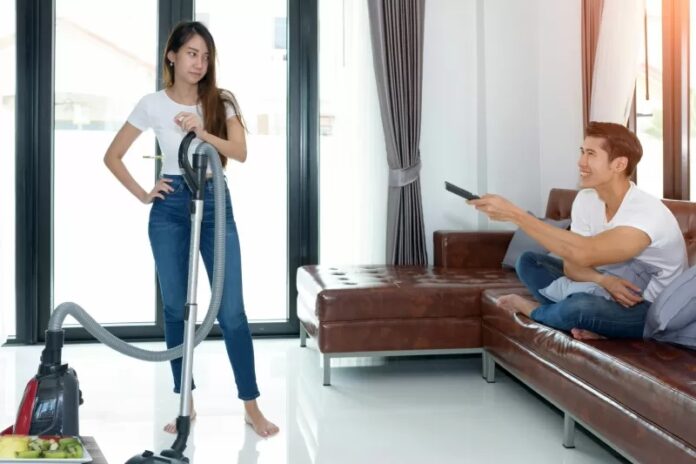An unequal relationship can leave one or both people feeling taken advantage of and resentful. Dating expert Lori Gorshow offers some advice for those in unequal relationships for how to resolve the unequal balance to enjoy a better relationship.
Dealing With Unequal Relationships
When a relationship is unequal, imbalances exist that make one person’s needs and thoughts more important than the other’s. This can lead to an unequal power relationship where the “power member” of the couple calls all the shots. If this is agreed upon, it doesn’t have to be a problem, but when this dynamic occurs to the chagrin of the non-power member of the couple, or if the power member resents the position, it’s a problem.
Age Differences
In some relationships, the age difference equals issues when the older person tries to “parent” the younger person. “Age is only a number until there is a correlation between one’s emotional age and their behavior,” said Gorshow. She added that it’s important to keep the relationship as partner-partner instead of a parent-child dynamic.
Testing Boundaries
When a couple has a dynamic similar to a parent-child relationship, the person in the “child” role may push the other away in an attempt to get them to prove their love and devotion. For example, it’s not the younger person might flirt with people their own age in order to test the other partner. Gorshow said, “Maybe she is trying to make you jealous so you will pop the question. Is this your idea of a balanced relationship? Instead of wondering what is really going on, find out by talking to her directly and with the emotions you truly feel. Before you talk with her, you need to be clear about what you want in a relationship.”
Talking it Out
“Avoiding the conversation will not make it go away; it will only delay the inevitable,” said Gorshow, saying that avoiding frank conversations about a power imbalance within a relationship will also avoid resolution. “This is a conversation that needs to occur before your relationship can continue.”
Opposites Attract
Not everyone actually wants a balanced relationship. Some people are absolutely content allowing their partner to shoulder the burdens of everyday responsibilities, leading to an imbalance that can become volatile for the relationship. “There is a well known saying in relationships that opposites attract,” said Gorshow. “What we are actually attracted to are the traits that the other person has which we admire but lack in ourselves. It’s a way of getting the traits without having to work at changing oneself.”
The Problem With Opposites
“I don’t support the opposites attract idea because the same qualities that attract you to someone are the same traits that will eventually get on your last nerve,” said Gorshow.
“None of us can change another person.” When the unequal relationship involves one motivated person and one person who tends to be lazy, it often falls upon the more motivated person to decide if the relationship should continue. “How much time do you want to spend putting someone else’s needs before your own happiness?”
Signs of an Unequal Relationship
How do you know if you’re involved in an unequal relationship? Look for some of these signs, most of which are related to how you “feel.”
- One member of the couple consistently must step up to handle responsibilities.
- One or both of the people feel as though the relationship is unequal.
- You frequently feel taken advantage of.
- One member of the couple makes all the decisions, regardless of who will be most impacted by those decisions.
- One member of the couple consistently gets what they want while the other doesn’t.
Can It Work?
Some couples actually prefer an unequal balance of power within a relationship, either because of cultural norms that place one gender over another or because they simply don’t want any responsibilities. As long as both people in the couple are in agreement of the relationship’s dynamics and are content with the arrangement, there is no reason it might not be able to work.
Balancing It Out
Communication is the key when it comes to resolving an unequal relationship. The truth is that one person may not even realize their domination of the relationship until it’s pointed out, and that’s when change can happen – but only if both people are willing.


